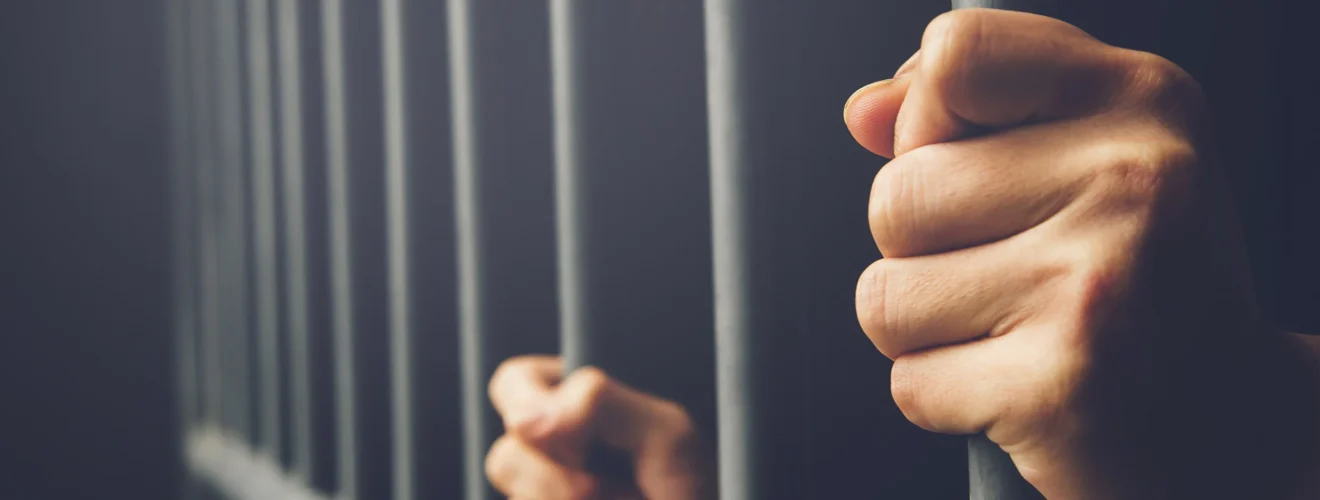Little Known Facts In The Jail

60 Days In: The Jail has one of the most audacious set-ups in the history of documentary shows. Simply put, each season sees a group of people volunteer to go undercover as convicts in a tough US jail.
Their mission? To gain first-hand insights into how well the system is functioning and what problems need addressing. Everything from drug use to corruption is on these volunteers’ radars as they try (not always successfully) to blend in with hardened criminals.
But just how does a show like this get made? Is there an incentive for correctional institutions to take part? And how are the suckers for punishment – ie, our brave and plucky participants – selected? Let’s get into it.
1. The jails get paid
One of the most often-asked questions about 60 Days In is whether the jails are compensated for allowing the volunteers and crew in. The answer is absolutely. For example, Clark County Jail received $60,000 for providing the setting of the show’s first season. This cash was spent on improving the facilities, by way of equipment upgrades and staff preparation.
Jamey Noel, the Clark County sheriff, said at the time that some of the money would be earmarked for updating the jail’s camera systems, meaning that involvement in 60 Days In may have actively enhanced the safety of both prisoners and guards
2. Finding the right participants is a big task
‘One of the most surprising things was how many folks were willing to put aside their lives for two months to participate in a program like this.’
That’s show runner Greg Henry, discussing the 60 Days In application process in a previous interview. While the show has no shortage of willing candidates, the procedure of whittling down hundreds of applicants is a tricky one. Everyone must go through a comprehensive array of background and medical checks. The latter is important because the last thing they’d want is someone with a chronic health problem falling ill under an assumed convict name.
3. Filming is a painstaking effort
It almost certainly won’t come as a huge surprise to know that taking cameras into a jail and filming the words and deeds of convicted criminals is a bit of a legal minefield. Greg Henry and his team assembled a group of constitutional lawyers to have ‘hours upon hours – which equals very expensive – conversations where we were going through every point’.
What this means is that every camera shot you see on the show will have been vetted and approved beforehand by the legal advisors, with the crew having to balance out the best camera angles with ‘what the Constitution allows [them]’. Convicts and guards, believing themselves to be in a documentary about first-time offenders, sign release forms that allow their footage to be used on the show.
4. One volunteer became internet infamous
Ask any hardcore 60 Days In fan to name a controversial participant, and chances are they’ll point to Robert Holcomb. Appearing in the very first season, Holcomb was, in the words of Greg Henry ‘very touch-and-go, very minute to minute, because he went in and kind of did his own thing’.
Holcomb’s showboating behavior aroused the suspicion of real convicts, causing him to cover a cell camera with a towel. This egregious breaking of jailhouse rules led to Holcomb being carted off to solitary confinement, effectively rendering him useless to the show and the experiment. The crew couldn’t pull Holcomb out either, since that would have raised questions among prisoners and staff. Viewers voiced their feelings online, with Holcomb being dubbed ‘one of the worst contestants ever, but also the most memorable’.
5. It’s not always as nasty as it seems
While being bang up in a US jail is never a walk in the park, participants in the show have also spoke warmly about their fellow inmates. The notorious Robert Holcomb, for example, said that they ‘were the nicest group of people I had been around my entire life’, recalling how random acts of kindness, like the loaning of magazines and writing materials, made his experience more than bearable.
It’s certainly true to say that, in a peculiar way, 60 Days In can be genuinely feel-good viewing as well as a hard-hitting look at the American penal system








